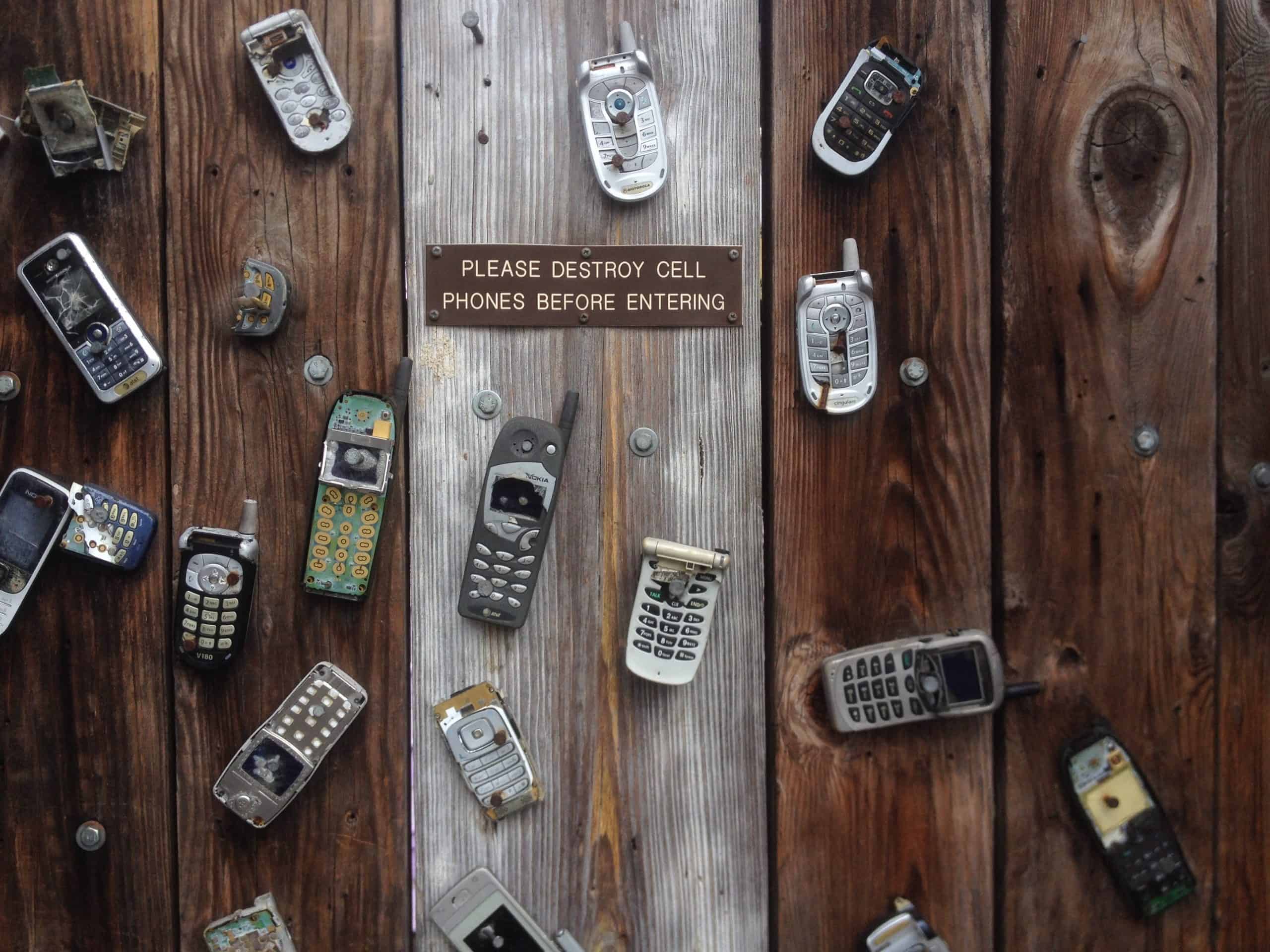
MWC19 Barcelona: A safety-first approach to 5G
MWC is over for another year, and those of the Babel team who were out in Barcelona (me included!) have now returned to our London office. We celebrated another successful year at the show, representing numerous clients and supporting with an even greater number of media and analyst briefings, as well as panel appearances. It’s always tiring, but it’s also always enlightening – meeting with so many journalists and analysts gives us an unrivalled insight into what’s driving conversation in the telecoms industry.
The main topic which stood out this year? Unsurprisingly, it was 5G. However, for me – and for many others at the event – there was one particular area of 5G which really generated chatter: security. This is something which has been on the radar of non-telecoms media (and readers) well before MWC: governments in a growing number of regions have been voicing mounting concerns about the role Huawei may/not play in their country’s 5G network infrastructure, and the security problems this could pose.
Connected end-points = network entry points
Commercial roll-out of 5G is gathering steam, making it crucial that cyber threats are addressed and tackled in these early stages. But why the fuss about 5G security? For a start, 5G networks will be capable of supporting many more millions of connected end-points than is currently possible with legacy infrastructure, greatly adding to the number of potential points of entry for hackers. Furthermore, the connectivity speeds and capacity of next-generation networks will also support many mission-critical applications – autonomous vehicles, robotic surgery, power plants, for example – greatly increasing the severity and impact of cyber attacks.
Weaknesses and poor security in a single smart electricity metre, a fitness tracker, connected doorbell or digital personal assistant could effectively leave the door wide open for a cyber attack on an entire 5G network. These were issues discussed on stands and in sessions throughout MWC – Tuesday’s seminar on ‘Future Proofing the Internet of Things’, for instance, highlighted the responsibility of companies to embed security in connected end-points from the beginning and at every stage of the service lifecycle.
It wasn’t just Barcelona that was talking 5G security – over in Brussels, Ciaran Martin, Head of the National Cyber Security Centre (NCSC), commented, “We must have higher standards of cyber security across the entire telecommunications sector. The number one pre-condition for safe 5G is better cyber security.”
How can we achieve this “better cyber security”? Better network visibility. The importance of end-to-end network visibility was a top talking point with visitors to client NETSCOUT’s stand, with spokespeople on hand to detail findings from the company’s upcoming report which illustrate just how important this approach is. A whopping 95% of service providers in 2018 experienced either inbound or outbound DDoS (distributed denial of service) attacks, marking a 10% increase from the previous year, while attacks reached a record size of 1.7 terabits per second.
Investing in a 5G future
Investment in cybersecurity measures are crucial if the 5G and the IoT are to be a success. Whether this investment is in the form of cybersecurity training, upskilling company employees, dedicated software, password-protecting devices, regular security audits – or all of the above – it must happen, and it must happen now. It wasn’t a surprise that the GSMA picked Nanolock (provider of a security platform for IoT and connected devices) as the winner of this year’s 4YFN (Four Years From Now) Barcelona Startup of the Year Award.
Just as MWC19 Barcelona highlighted the need for failsafe 5G security, it also acted as a showcase for the fantastic work that many service providers, governments and industry bodies have achieved (and are striving to achieve) in the security space. Mariya Gabriel, European Commissioner for Digital Economy and Society, for example, used a keynote session at the event to stress the need for a common, Europe-wide approach to tackling cyber security. Interestingly, this was a strategy I heard a lot about while visiting another client and MWC exhibiter, BICS. Through its participation in groups like the GLF Leaders Forum, the company stresses a collaborative, industry-wide approach to tackling security issues such as telecoms fraud.
5G will herald an exciting new era of connectivity, provided effective security measures are in place from its dawn. It was promising to hear talk in the security space at MWC Barcelona – the industry now needs to work together to put plans into action.
Find out more about Babel’s work and experience in the security technology PR, as well as how we can support your company at industry events like MWC.





